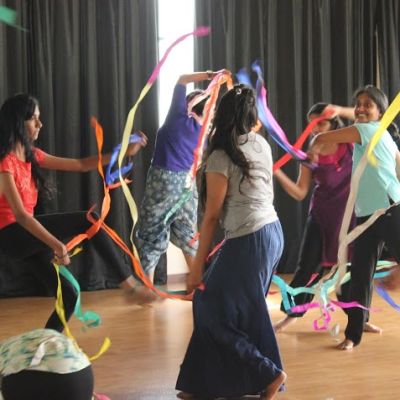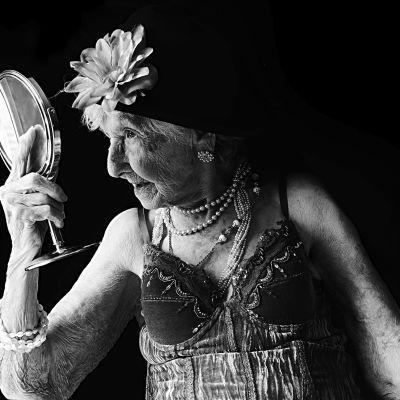SELF-CARE
“I feel comfortable with who I am,” he responded. “I’m at ease with myself. I don’t wake up and hate myself. I can’t tell you how amazing that feels.”
“I know how that feels,” I told him.
This is a good enough place to begin. From inside your own skin. Before we could speak, we moved. We…
In the mid-month issue on Wellbeing and Sexuality, we bring you an article by Jai Ranjan Ram sharing what he learned in his psychiatric practice from a self-identified pansexual homoflexible adolescent.
Connection is essential for our survival – physical, mental, emotional and spiritual. We connect with people, form networks of care and support, and in a sense weave webs of safety and comfort that we can turn to when stressed or simply want to infuse a dose of joy into our day.
In this issue of In Plainspeak our contributors reflect on and reveal the myriad facets of being single – is it a choice? A condition? A state of being? Lonely? Joyful? Not one or the other, but a glorious mix?
Continuing with our theme of self-care being about sustaining ourselves, our work, our movements, keeping the fires lit, and relating with love to ourselves, in our mid-month issue we bring you more articles looking at self-care from different perspectives – individual, queer, activist, collective, organisational, not necessarily separated, or in this order, of course.
Are certain forms of femininities denigrated more than others? Not just by misogynists but also by feminists? Is there a particular way of manifesting an ‘appropriate’ femininity, one that is just right, and is not ‘too girly’ or ‘too tomboyish’?
While we are struggling with the vicissitudes brought on by the pandemic we are also forced to spend more time online, to look for resources in terms of health care or caregivers, to reach out to people and build a communities of care, to take a break, or to try and hook-up online for a while.
Happy New Year! As 2021 begins and we are filled with a sense of hope and desire for better times, we resolve to find ways of sustaining ourselves while caring for others. And so, in this anthology issue we republish articles about wellbeing.
Ageing is often associated with a loss, a lack of ability and strength. When combined with sexuality, in the popular imagination, fed especially by market forces, youth is to be lauded and ageing regarded as the impending horror that must be evaded for as long as possible.
Ethics of Care offers a normative paradigm that goes beyond the neat distinctions of morally guided ‘right’ or ‘wrong’ actions to incorporate social responsibility, wherein we learn how to shape our responses on the basis of the needs of a community’s members.
My journal has many entries that are speculative and fantastic. Writing about the mundane leads me to question the way the world operates and from there I frog-leap into a world of ideas where I imagine a radically different way of being. In my journal, I imagine a politics of care, community, and compassion. I become grand, valuable, and unstoppable, even in a world where I am sometimes made to feel small.
On the other hand, in Abhay’s newly discovered wonderland, everything seemed to be awfully right. Soon, he began receiving proposals for sex-dates. Initially such proposals shocked him; for it took him a few months to get used to the fact that sex with men was only a click away.
Just as capitalism has learned how to co-opt feminism into its model, it has done the same to ‘wellness’, so much so it has become an industry of its own. Mental wellbeing, no matter how necessary and important it is, remains a luxury with more than half of our country either unaware of available mental health resources or not in a position to even afford therapy.
As Clément subverts ageist norms around beauty with her camera-work, the women and men (ranging in age from 70 to 102 years) who reveal themselves in this project give us a glimpse into their inner world and the rich and vibrant ways in which they experience sensuality.















